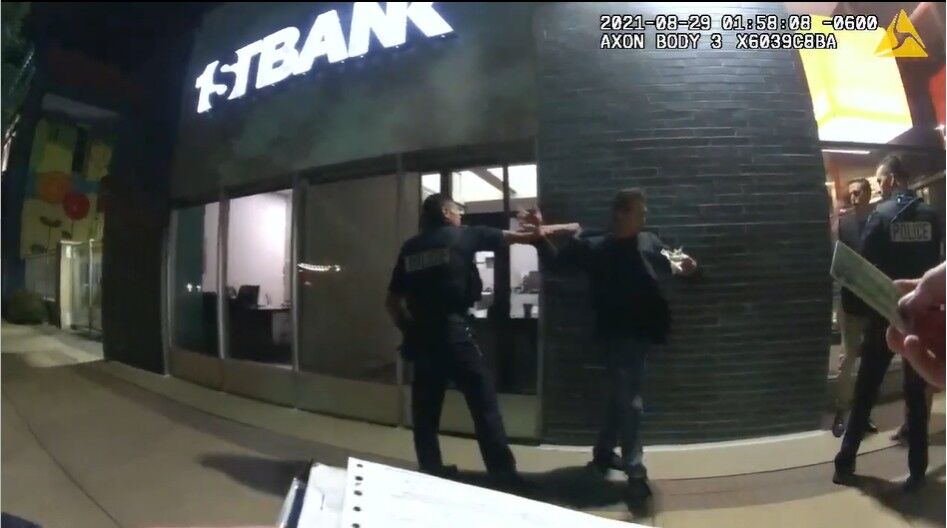Judge dismisses part of Boston Marathon bomber’s lawsuit challenging prison restrictions

A federal judge has dismissed some of the First Amendment claims brought by Dzhokhar Tsarnaev, the man convicted of killing four people in connection with the April 2013 Boston Marathon bombing and who is now challenging his prison restrictions in Colorado.
Tsarnaev, who is facing a death sentence, is currently at the United States Penitentiary – Administrative Maximum Facility in Florence. He is subject to a series of special administrative measures, or SAMs, that federal law permits when there is a substantial risk that an inmate’s communications could result in death or serious injury.
Specifically, Tsarnaev characterized as overly restrictive the SAMs that prohibit him from sending photographs and hobby craft items through the mail, as well as a prohibition on contacting his nieces and nephews by phone or mail.
Last week, U.S. Magistrate Judge Michael E. Hegarty granted the government’s motion to dismiss Tsarnaev’s claims about his photos and hobby crafts. Hegarty agreed Tsarnaev had not continued through the multistep grievance process that is required before an inmate can initiate a lawsuit.
Tsarnaev’s interaction with the Federal Bureau of Prisons’ grievance process was the subject of a late-May hearing in Hegarty’s courtroom. Tsarnaev had argued the administrative chain was actually a dead end, citing a response he received from the bureau that it “does not generate the SAM and does not have the authority to modify it.”
Hegarty had previously rebuffed the government’s attempt to dismiss the case, saying he was unsatisfied with that “vague and veiled language” used to tell Tsarnaev his administrative request to modify his SAMs had been denied. But in reality, an attorney for the Florence prison complex clarified to Hegarty at the hearing, the bureau did have some input over the modification of SAMs, even though other national security entities were ultimately the decision makers.
“You can see from inmate’s perspective, that does sound futile to give a grievance to somebody who can’t do anything about it,” Hegarty told the government. “That’s why I think it was a misleading comment to say the BOP cannot do anything.”
Nonetheless, Hegarty was ultimately convinced the grievance process was available for Tsarnaev to use, despite the misleading language. Therefore, Tsarnaev was obligated to continue through all stages of his administrative challenge prior to turning to the courts, the magistrate judge wrote in a June 9 order.
Tsarnaev’s lawsuit will continue on his only remaining claim – that he is barred from talking to certain nieces and nephews over the phone, despite the allowance of in-person visits. He has argued such a restriction violates his right to familial association under the First Amendment. The government has asserted its interest in preventing Tsarnaev from “attempting to inculcate a desire to harm the United States in these vulnerable young children.”
Hegarty directed the government to answer Tsarnaev’s allegations by June 17.
The case is Tsarnaev v. Garland et al.














